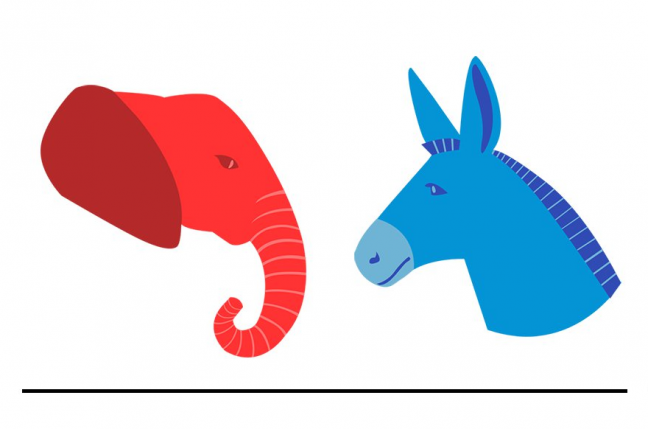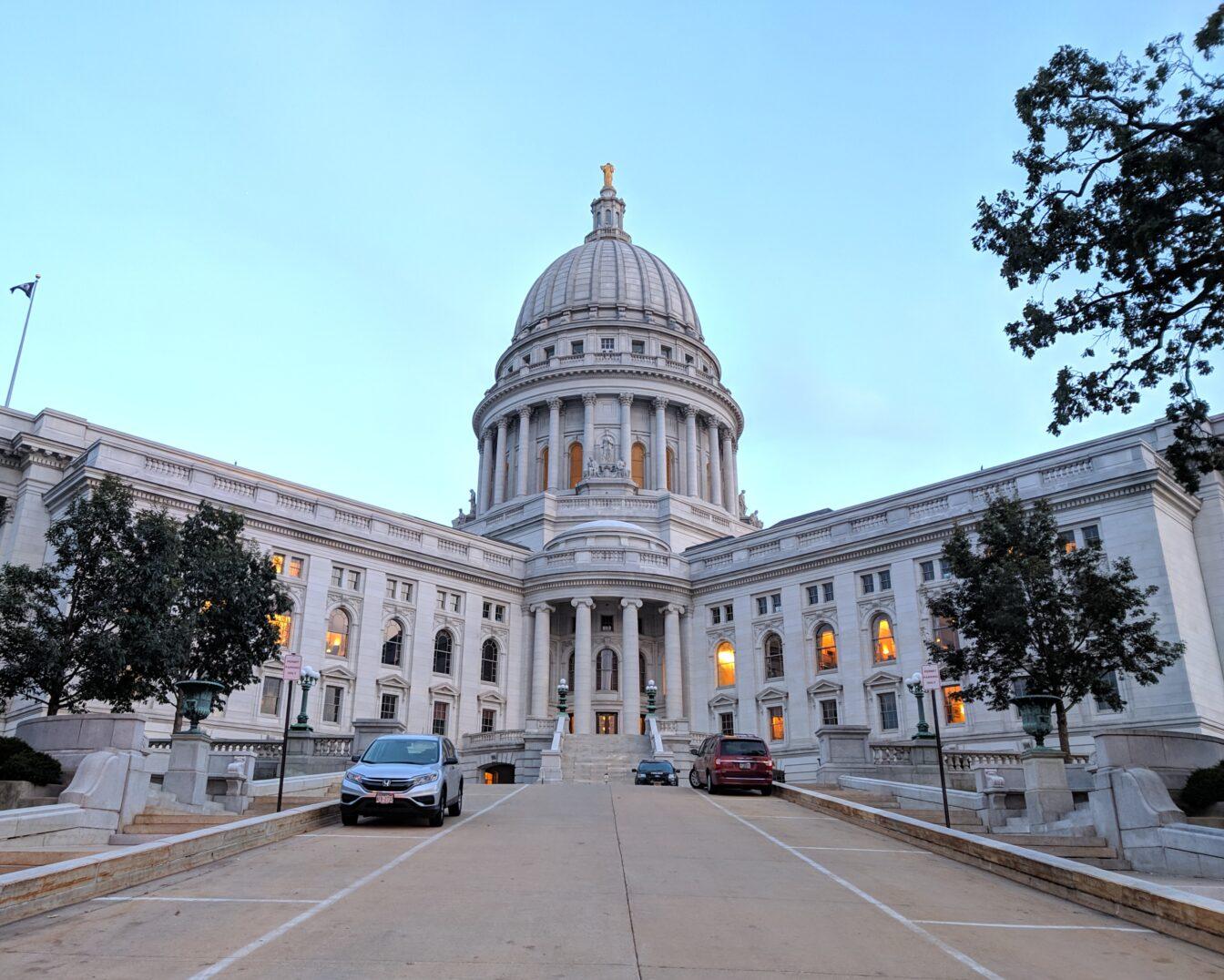The relationship between China and the U.S. has been a complex one. While the countries share security and political interests, there are remaining concerns about the role of democracy in the Chinese government. But as China continues to rise as a global economic power, it is crucial that the U.S. develops fair trade policies and protects intellectual property.
President Trump’s solution to fears about China has been aggressive tariffs aimed at making imported goods more expensive to encourage consumers to purchase American products. But his policies — and the resulting trade war — have caused more damage than good. The resulting economic uncertainties have hurt businesses and have had a significantly detrimental impact on Wisconsin dairy farmers.
By January, the U.S. and China had agreed to a Phase 1 trade deal in hopes to begin resolving the trade war. The deal focuses on the issues mentioned above, along with outlawing the forced transfer of U.S. technology to Chinese companies. This sounds good on paper, but China has already indicated they may not follow through on their promise.
Republican’s push for tax cuts will leave Wisconsin public education in even worse state
Additionally, because Phase 1 is not ratified by Congress, it can be reversed at any time. It also does not cover any forms of intellectual property theft because China denies such accusations. Phase 1, therefore, in many ways lacks the necessary provisions and language to secure fair and free trade.
Though the Phase 1 trade deal is relatively new and the effects still undetermined, the 18 months of dueling tariff increases leading up to it did have a harmful impact on the U.S. economy. The manufacturing sector was hit especially hard —
2019 saw a slowdown in U.S. manufacturing activity, with output falling down in seven of the 11 months for which there was data.
When looking to Wisconsin specifically, the harmful effects of the trade war are brutally apparent. In 2019 alone, Wisconsin lost 10% of its dairy farmers, according to data from the Department of Agriculture, Trade and Consumer Protection. Additionally, last year China slashed its purchases of American dairy products in half, with massively negative effects for our country’s farmers.
In light of Biden’s surge, Bernie is faced with mounting challenge
Also in January, President Trump signed into law the United States-Mexico-Canada Agreement, which serves as an updated version of the 25-year-old North American Free Trade Agreement. The USMCA has many implications on labor and production in North America and also has language that targets China specifically.
According to USMCA Article 32.10, parties are discouraged from signing false free trade agreements with any country that does promote free trade. This is done by not allowing full intellectual property rights or open competition — a clause clearly aimed at China.
Democrats largely support the USMCA after securing many wins in the changes to the renegotiated version, such as provisions on environmental rules and prescription drugs. The original version proposed by the Trump administration failed to recognize many of these important provisions, and the Democrats’ changes even received the endorsement of U.S. labor organizations.
No platforming nowhere near as productive as debate or conversation
Democrats fought to protect workers’ rights and environmental standards in the new USMCA, working for over a year to improve the original deal. House Speaker Nancy Pelosi described the new provisions pushed for by Democrats as infinitely better than the administration’s original proposal.
Democrats understand the importance and necessity of standing up to China to protect free trade and intellectual property. But Democrats also believe there is a way to do this without directly harming the backbone of our country —farmers — and all while still providing protection for workers and the environment. Moving forward, our nation’s leaders need to find real solutions, rather than enter into unproductive economic conflict.
Abby Schinderle is a sophomore majoring in political science and journalism. She is the Press Secretary for the College Democrats of UW-Madison.
Allyson Fergot is a freshman majoring in political science. She is the Deputy Press Secretary for the College Democrats of UW-Madison.
Read about the College Republicans’ position on the USMCA trade agreement here.























